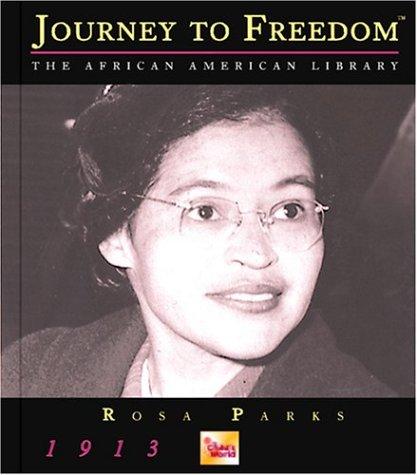From the Open-Publishing Calendar
From the Open-Publishing Newswire
Indybay Feature
100th Birthday of Rosa Louise McCauley Parks, an introduction... US Statuary Hall
As preparations to install the bronze statue of Rosa Parks in the US. Statuary Hall continue... in Emancipation Hall, Noon, February 4, 2013 preparations to share the authentic living legacy of sista Rosa continue...

On February 4, 1913, Rosa Louise McCauley was born in Tuskegee, Alabama to parents James McCauley and Leona Edwards. Her father was employed as a carpenter and her mother as a teacher. In her younger years she was sick much of the time, and as a result, was a small child. Her parents eventually separated and her mother took her and her brother and moved to Pine Level, a town adjacent to Montgomery, Alabama. There Rosa spent the rest of her childhood on her grandparents' farm.
Her childhood in Montgomery helped her to develop strong roots in the African Methodist Episcopal Church. Rosa did not attend a public school until the age of eleven. Before that, she was home schooled by her mother. At age eleven she attended the Industrial School for Girls in Montgomery, where she took various vocational and academic courses. She began laboratory school for her secondary education, but never completed it because she was forced to drop out to care for her ailing grandmother.
Rosa's childhood was greatly influenced by the Jim Crow laws of the South, which segregated white people from black people in almost every part of their daily lives. This included public restrooms, drinking fountains, education and transportation. For the children attending school, there was busing for the white children to their school, but the black children were required to walk to another school. Public transportation followed this line of segregation except that blacks were allowed on the bus as long as they sat in the back, apart from the whites.
Her childhood in Montgomery helped her to develop strong roots in the African Methodist Episcopal Church. Rosa did not attend a public school until the age of eleven. Before that, she was home schooled by her mother. At age eleven she attended the Industrial School for Girls in Montgomery, where she took various vocational and academic courses. She began laboratory school for her secondary education, but never completed it because she was forced to drop out to care for her ailing grandmother.
Rosa's childhood was greatly influenced by the Jim Crow laws of the South, which segregated white people from black people in almost every part of their daily lives. This included public restrooms, drinking fountains, education and transportation. For the children attending school, there was busing for the white children to their school, but the black children were required to walk to another school. Public transportation followed this line of segregation except that blacks were allowed on the bus as long as they sat in the back, apart from the whites.
Add Your Comments
We are 100% volunteer and depend on your participation to sustain our efforts!
Get Involved
If you'd like to help with maintaining or developing the website, contact us.
Publish
Publish your stories and upcoming events on Indybay.
Topics
More
Search Indybay's Archives
Advanced Search
►
▼
IMC Network


